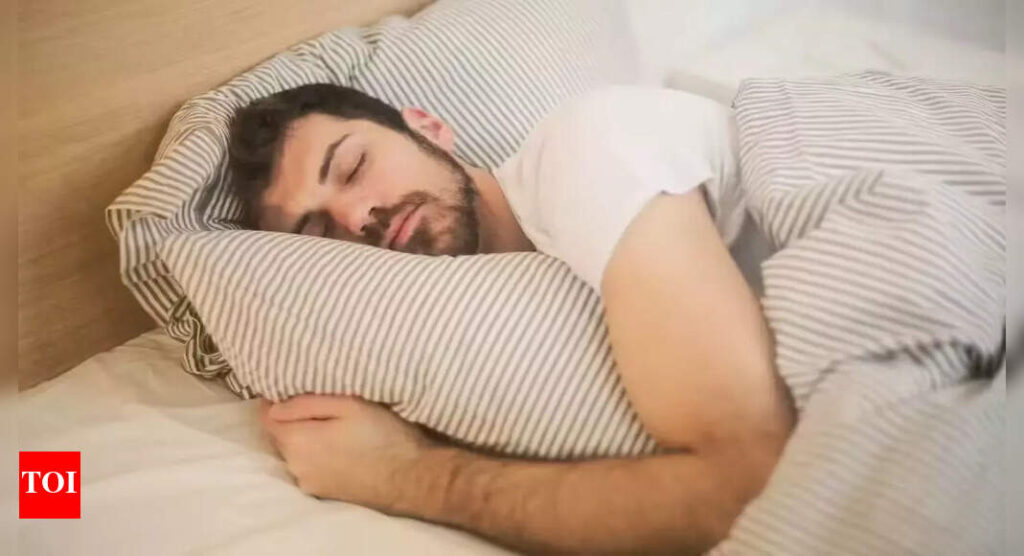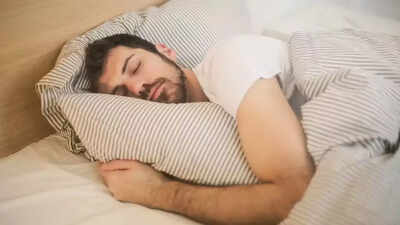
Short Sleeper Syndrome (SSS) is a rare and fascinating sleep condition in which individuals naturally need much less sleep than the average person. While most adults function best with 7 to 9 hours of sleep per night, people with SSS can feel fully rested and energetic with just 4 to 6 hours, or even less, without experiencing fatigue or other negative effects. This isn’t due to stress, insomnia, or poor sleep habits, but rather a unique biological trait. Though still not fully understood, Short Sleeper Syndrome has drawn interest for its potential genetic links and unusual impact on lifestyle and health.
What is Short Sleep Syndrome (SSS)
SSS is a sleep disorder charcterised by the ability to function normally on a reduced amount of sleep. People with SSS typically sleep for less than 6 hours per night, with some individuals sleeping as little as 3-4 hours per night. Despite the reduced sleep duration, individuals with SSS do not experience excessive daytime sleepiness, fatigue, or other negative effects on their daily functioning.
How common is SSS?
Individuals with SSS are known as natural short sleepers (NSS). The exact number of people affected is unclear due to various factors influencing sleep duration. However, many people are linked to SSS due to various factors that affect their sleep.
What causes Short Sleep Syndrome
The exact causes of SSS are not fully understood, but research suggests that it may be related to genetic mutations that affect the body’s sleep cycle. According to researchers, mutations in the DEC2 gene can lead to short sleep duration.
Symptoms of Short Sleep Syndrome (SSS)
The primary symptom of Short Sleeper Syndrome is the ability to function normally on a reduced amount of sleep. Individuals with SSS may experience some symptoms, such as:
- Reduced sleep duration: Sleeping for less than 6 hours per night.
- No excessive daytime sleepiness: Despite reduced sleep duration, individuals with SSS do not experience excessive daytime sleepiness or fatigue.
- Normal daily functioning: Individuals with SSS can function normally in their daily lives, without any significant impairment.
Implications of Short Sleep Syndrome
While Short Sleeper Syndrome may seem like a desirable trait, it can have implications for overall health and well-being. Some potential implications include:
- Increased risk of
sleep deprivation : Although individuals with SSS may not experience excessive daytime sleepiness, they may still be at risk of sleep deprivation and related health problems. - Impact on relationships: Individuals with SSS may have difficulty understanding and relating to others who require more sleep.
- Potential health consequences: Research suggests that chronic sleep deprivation may have negative effects on cardiovascular health, immune function, and cognitive function.
Also read | Why are women more prone to UTIs in the rainy season: Understanding UTI and its symptoms








